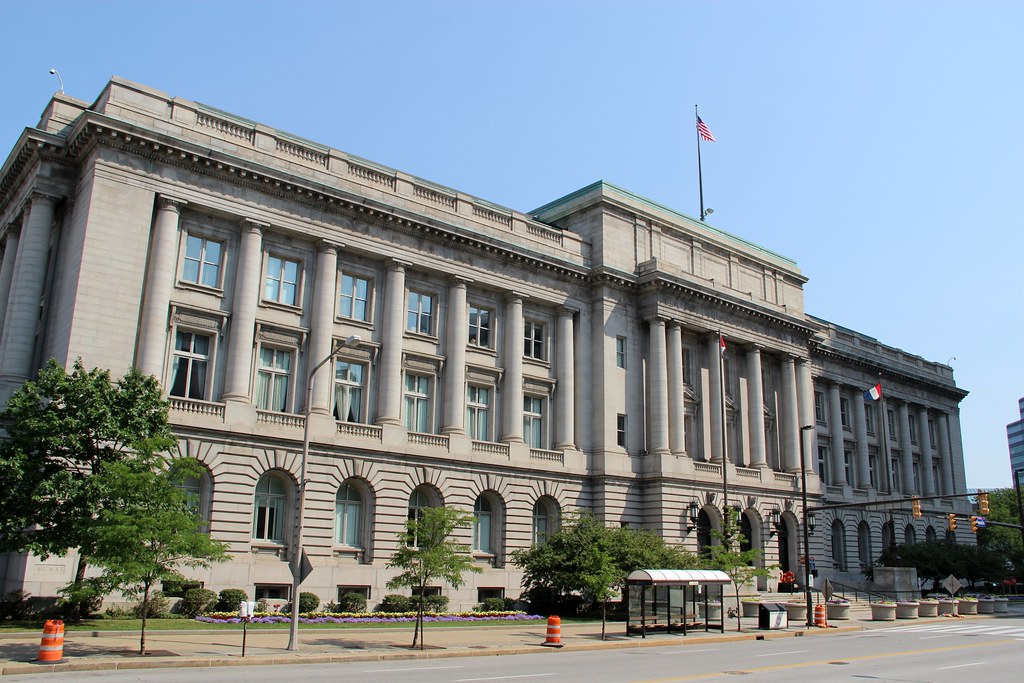Tag: cleveland
-
Bibb wins Cleveland mayoral race
Justin Bibb (D) defeated City Council President Kevin Kelley (D), to win the mayoral election in Cleveland, Ohio. This was the first mayoral election in Cleveland without an incumbent on the ballot since 2001. Bibb, who is 34, will become the second-youngest mayor in Cleveland’s history. Describing his campaign, Bibb said, “now is the time…
-
Bibb and Kelley advance from Cleveland mayoral primary

Justin Bibb and Kevin Kelley advanced from Cleveland, Ohio’s mayoral primary Tuesday night. Bibb led with 27.1% and Kelley had 19.4% as of 11:30 p.m. Eastern Time. Dennis Kucinich was third with 16.5%. Mayor Frank Jackson (D) chose not to seek election to a fifth four-year term. November’s general election will be the first without…
-
Sept. 14 mayoral primary in Cleveland is first in 20 years with no incumbent

The primary election for Cleveland, Ohio, is on Sept. 14. Candidates are competing to advance to the general election scheduled for Nov. 2. The filing deadline to run passed on June 16. Candidates filed for mayor and the 17 wards of the city council. The general election will also include four seats on the Cleveland…
-
Citizens For A Safer Cleveland submits additional signatures to place police-related initiative on November ballot

On July 7, Citizens for a Safer Cleveland submitted an additional 3,208 signatures to the Cuyahoga County Board of Elections for verification after the committee was short 384 of the 6,270 valid signatures needed to qualify for the Cleveland ballot in November. On June 16, the committee announced that they had submitted about 13,000 signatures…

